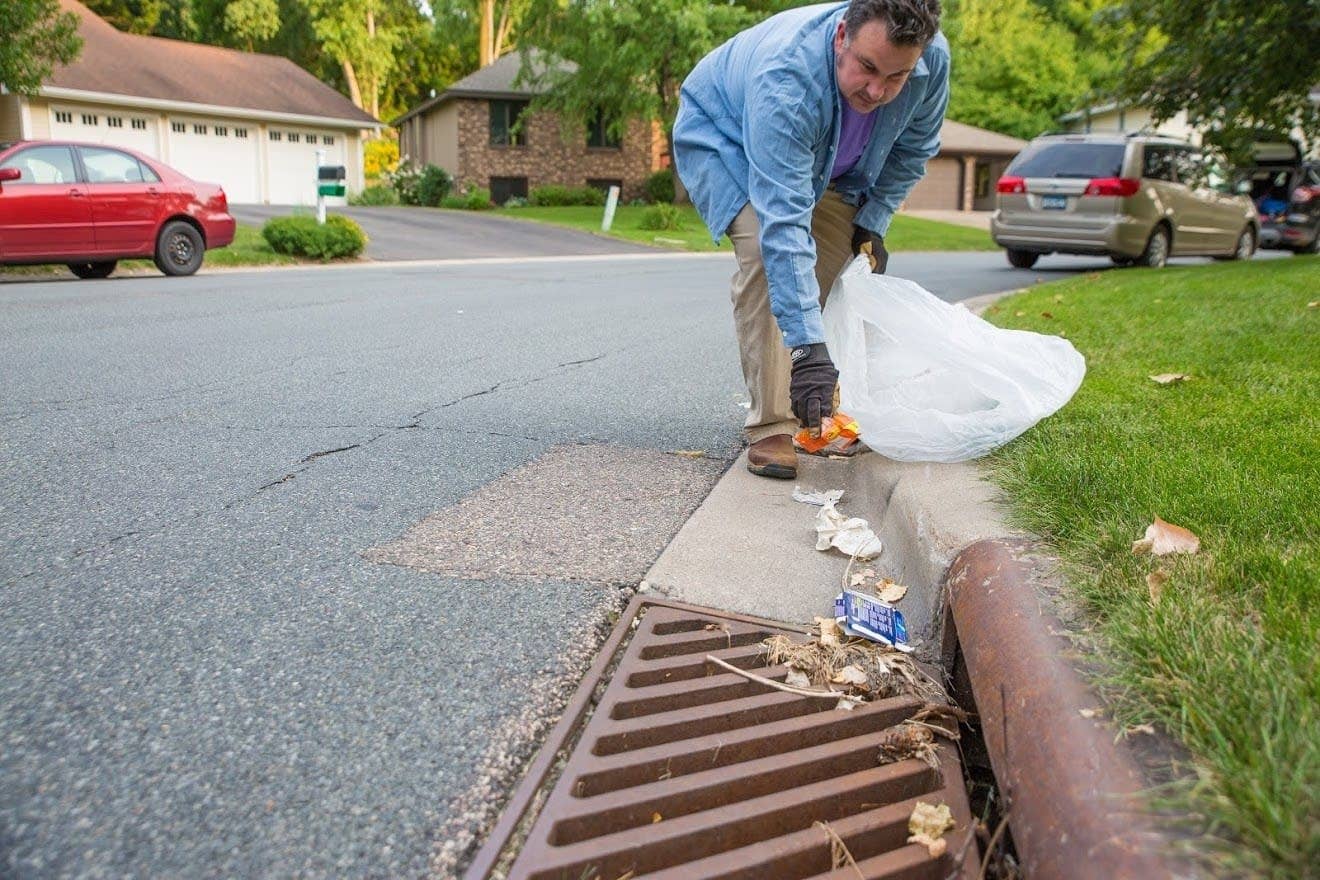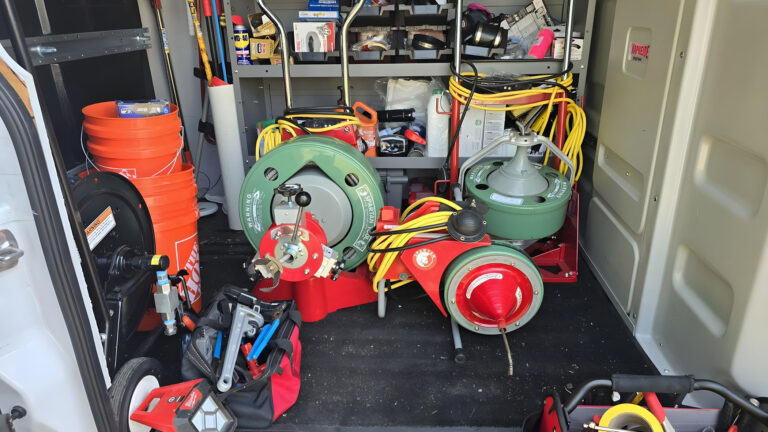When heavy rains hit, your storm drains are your home’s first line of defense against flooding. But if those drains are clogged with leaves, dirt, or debris, water has nowhere to go—and that can quickly lead to standing water, property damage, or even costly repairs. That’s why storm drain maintenance is so important, whether you’re a homeowner, property manager, or business owner.
Why Storm Drain Maintenance Matters

Storm drains are designed to carry rainwater away from streets, driveways, and buildings. When they’re blocked, the risk of localized flooding skyrockets. In addition, stagnant water sitting in clogged drains can weaken foundations, attract pests, and cause unpleasant odors. Over time, poor drainage can also cause cracks in pavement, damage landscaping, and lead to mold or mildew inside basements.
Simply put—taking care of your storm drains is about more than convenience; it’s about protecting your property, your health, and your wallet.
Common Causes of Storm Drain Blockages
It doesn’t take much to block a storm drain. Some of the most common culprits include:
- Leaves and branches that pile up during fall or after a storm
- Dirt, sand, and sediment that wash in from driveways and construction sites
- Trash and litter such as bottles, wrappers, and plastic bags
- Grease, oil, and chemicals that congeal and reduce water flow
- Tree roots that grow into underground pipes and restrict drainage
- Improper disposal of items like wipes, rags, or building materials
Knowing what causes clogs is the first step toward preventing them. Once you understand the risks, you can take steps to keep your system clear and functional.
How to Maintain Your Storm Drains

Storm drain maintenance isn’t complicated, but it does require consistency. Here are the most effective ways to stay on top of it:
- Clear debris regularly. Sweep leaves, sticks, and litter away from the drain opening—especially before and after storms.
- Schedule professional drain cleaning. Experts use tools like hydro jetting to flush out buildup that simple cleaning won’t handle.
- Install drain guards. Grates or covers can reduce the amount of debris that enters your system.
- Check for signs of slow drainage. Pooling water or gurgling sounds often mean a blockage is starting.
- Plan seasonal inspections. Before rainy season, a quick professional check can save you from major flooding later.
- Educate your household or tenants. Remind everyone not to dump grease, chemicals, or trash into storm drains.
Benefits of Preventive Maintenance
Making storm drain maintenance a routine habit has major payoffs:
- Protects your property from water damage by preventing flooding and pooling
- Saves money on costly emergency repairs that result from neglected systems
- Reduces health risks associated with mold, mildew, and mosquito breeding in stagnant water
- Keeps your neighborhood safer by reducing the chance of road and sidewalk flooding
- Extends the lifespan of your drainage system, reducing long-term costs
When to Call a Professional
While you can handle basic upkeep like clearing leaves and trash, some jobs require professional expertise. If you notice frequent clogs, sewage odors, or standing water even after light rain, it’s time to call in the experts. Licensed plumbers have the tools, knowledge, and equipment to inspect your storm drains, identify the root cause of the problem, and provide lasting solutions.
Don’t Wait Until It Floods
Storm drain maintenance isn’t something you think about every day—but ignoring it until there’s a problem can be expensive. A little routine care goes a long way in keeping your property safe and dry during heavy rains.
Need help keeping your drains clear? Call Crest Plumbing today. We provide professional drain and sewer cleaning services across Barnegat and Ocean County, helping homeowners and businesses prevent flooding and keep water flowing where it should.

